-
Britons are the largest foreign community of second-home owners in Nouvelle Aquitaine
See which other departments in the region are popular with British nationals
-
Travellers risk extra costs under new Eurotunnel ticket rule
Some fare options are less flexible and less forgiving of lateness
-
May will be difficult month for train travel in France, warns minister
Two major train unions are threatening to strike and are ‘not willing to negotiate’, he says
Horseradish suggested as alternative amid French mustard shortage
All French raifort (horseradish) is produced by a single Alsace-based company
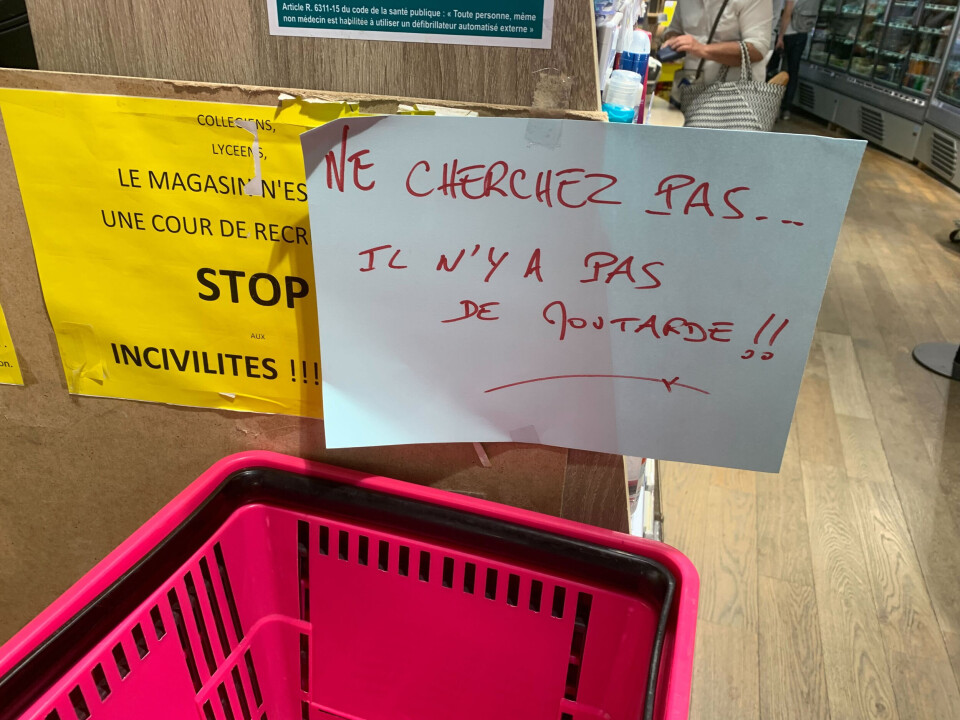
Tasting a dab of horseradish sauce with a slice of roast beef used to be something which would have most French people recoiling in horror and calling for water, but a shortage of mustard means the traditional English condiment might soon be entering French kitchens.
Mustard prices have risen by 9% in France over a year, according to a study from analytics firm IRI. This is mainly due to a poor 2021 harvest in Canada. Canada provides 80% of the mustard seeds in France, which are essential for the condiment (taste).
The geopolitical context also played a role in the mustard market crisis. Russia and Ukraine, two major seed producers, could have helped offset Canadian losses. However, Ukraine, which is at war, has interrupted production and Russia has been hit by a trade embargo.
Called raifort in French, horseradish has previously been confined to Alsace and parts of Brittany, where, unlike in Britain, it is often grown in vegetable gardens.
A member of the cabbage family, the plant is grown all summer and then harvested for its large root.
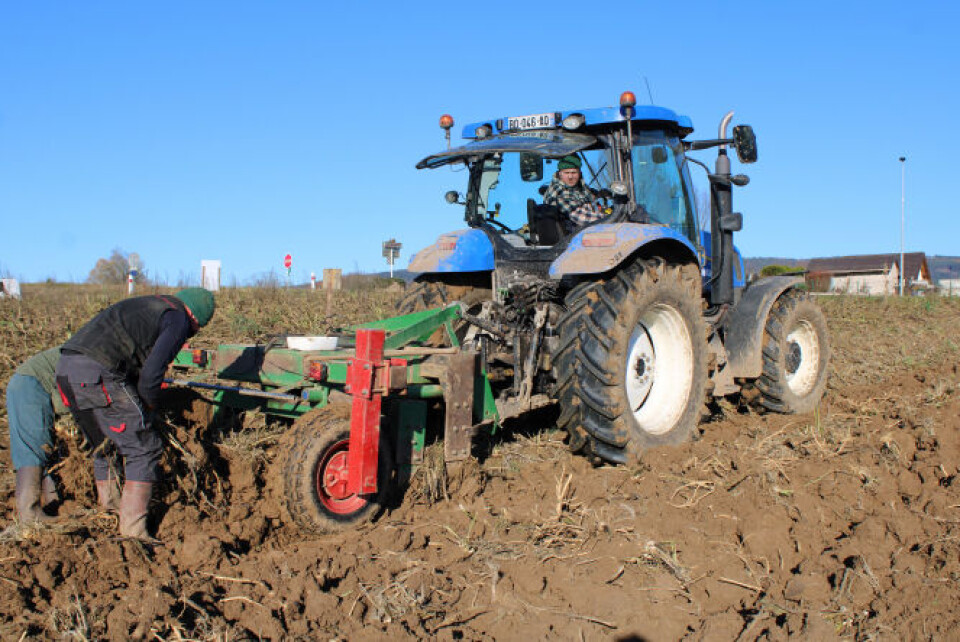
Credit: Alélor
This is cleaned and then grated very fine to obtain the base of horseradish sauces.
Both milder tasting and strong versions are made by the one French horseradish producer, Alélor, based in Alsace.
Hot versions are stronger tasting than most French mustards, just as traditional powdered Coleman’s mustard is much stronger than most French mustards.
“In Alsace it is part of the Germanic cooking tradition which influences the region,” said Céderic Gassmann, of Alélor, a small condiment producer which produces most of the horseradish sauce produced in France.
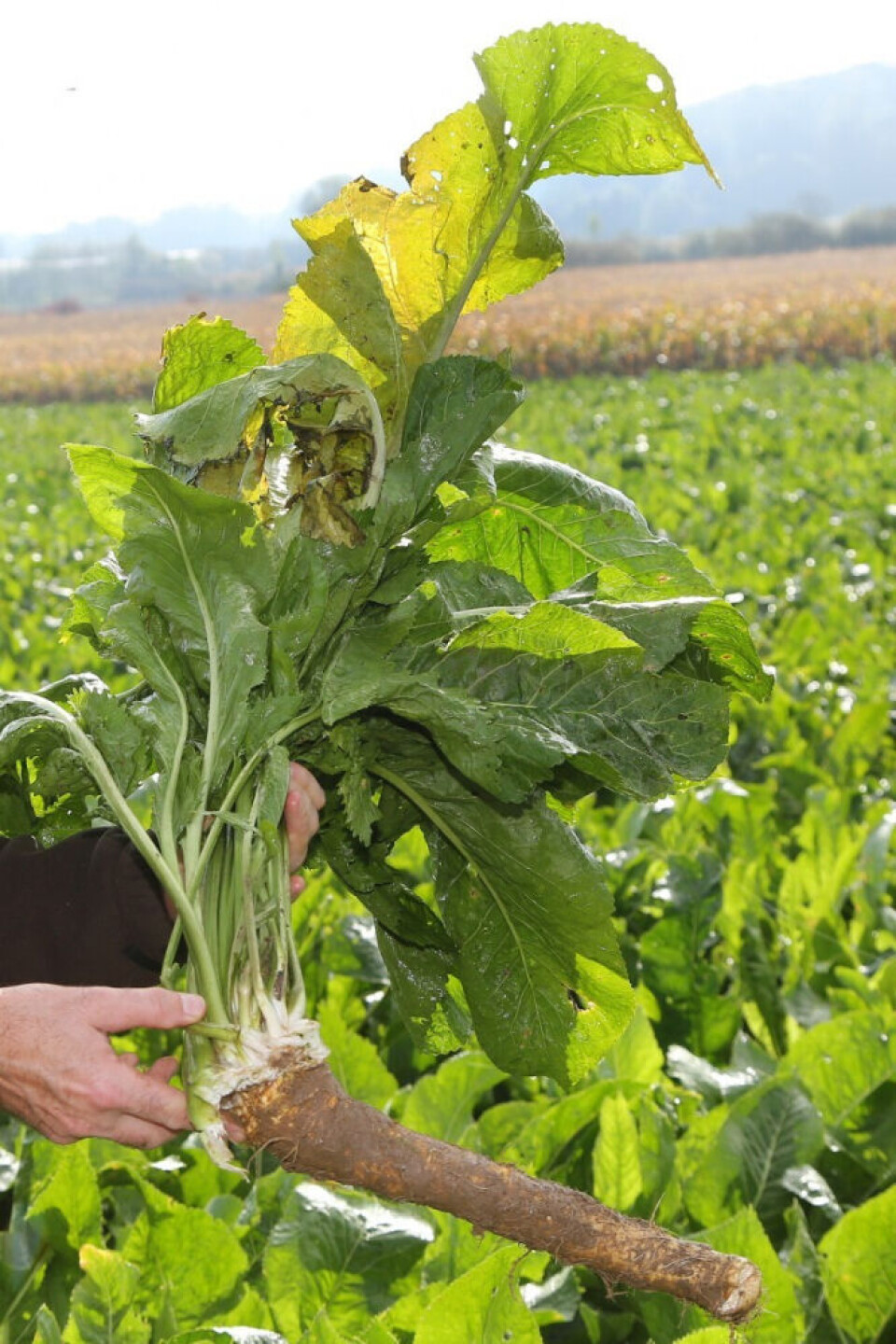
Credit: Alélor
“We have been making it for years, with almost all of the production being sold in Alsace and other parts of east France.”
Growing the crop commercially is very labour intensive, mainly because the large roots mean most weeding has to be done manually, as does the harvest. Even using potato harvesting scoops is not possible.
“We have 15 farmers within 25 km of our factory who have been working with us for years,” said Mr Gassmann.
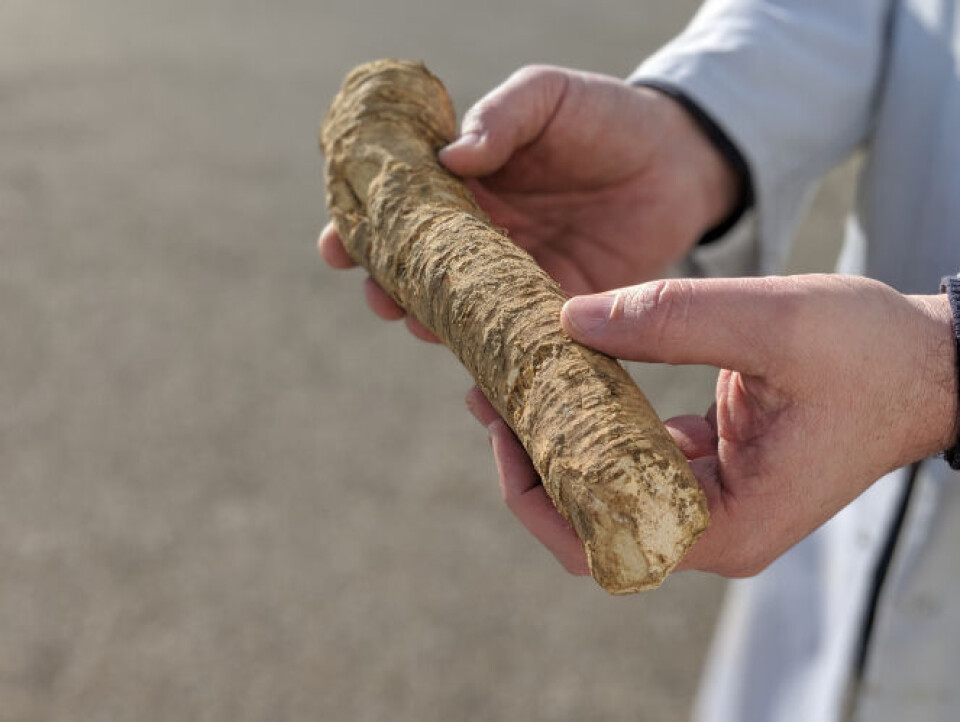
Credit: Alélor
“The manual work continues in the factory, with the roots having to be cleaned and sorted by hand, and then cut to size to be put into a potato peeler,” said Mr Gassmann.
“Peeled roots are then fed into the grater to make the base for the sauces, which have oil, vinegar, and salt as well as some herbs added.”
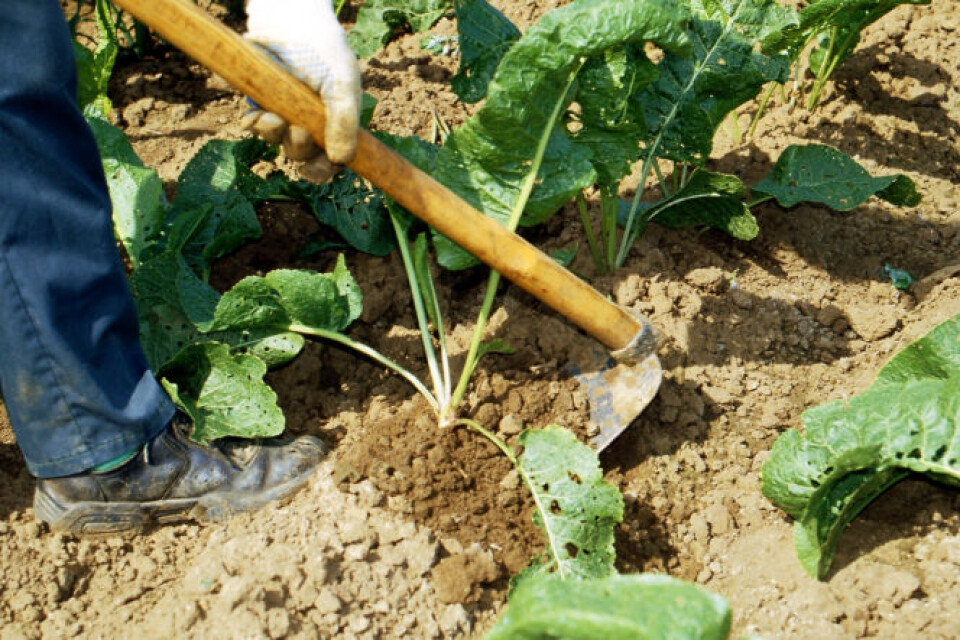
Credit: Alélor
A 200g jar of raifort paste costs around 50% more than a jar of mustard, but the shortage of mustard means that both professional and household cooks from all over France are using more raifort in their dishes.
“It is particularly appreciated in France when mixed into soup or a salad dressing where it gives a bit of bite and lifts the dish,” said Mr Gassmann.
“But there are people, in Alsace, who spread it on roast meat, like the English.”
Alélor, which employs 20 people, also makes mustard, and ironically has not been affected by the shortage of mustard seed like other French producers.
“Most French mustard makers use seed from Canada, which provides 80% of the French market, but where the crop was hit hard by a heat wave last summer,” said Mr Gassmann.
“At the same time Burgundy mustard growers had a very wet summer, which lowered their yields, but we buy our seed from a few Alsace growers and they had a good year.
“But we are just a small business and cannot provide mustard for all of France!”
Related articles
France could face butter shortages by autumn, supermarket head warns
























